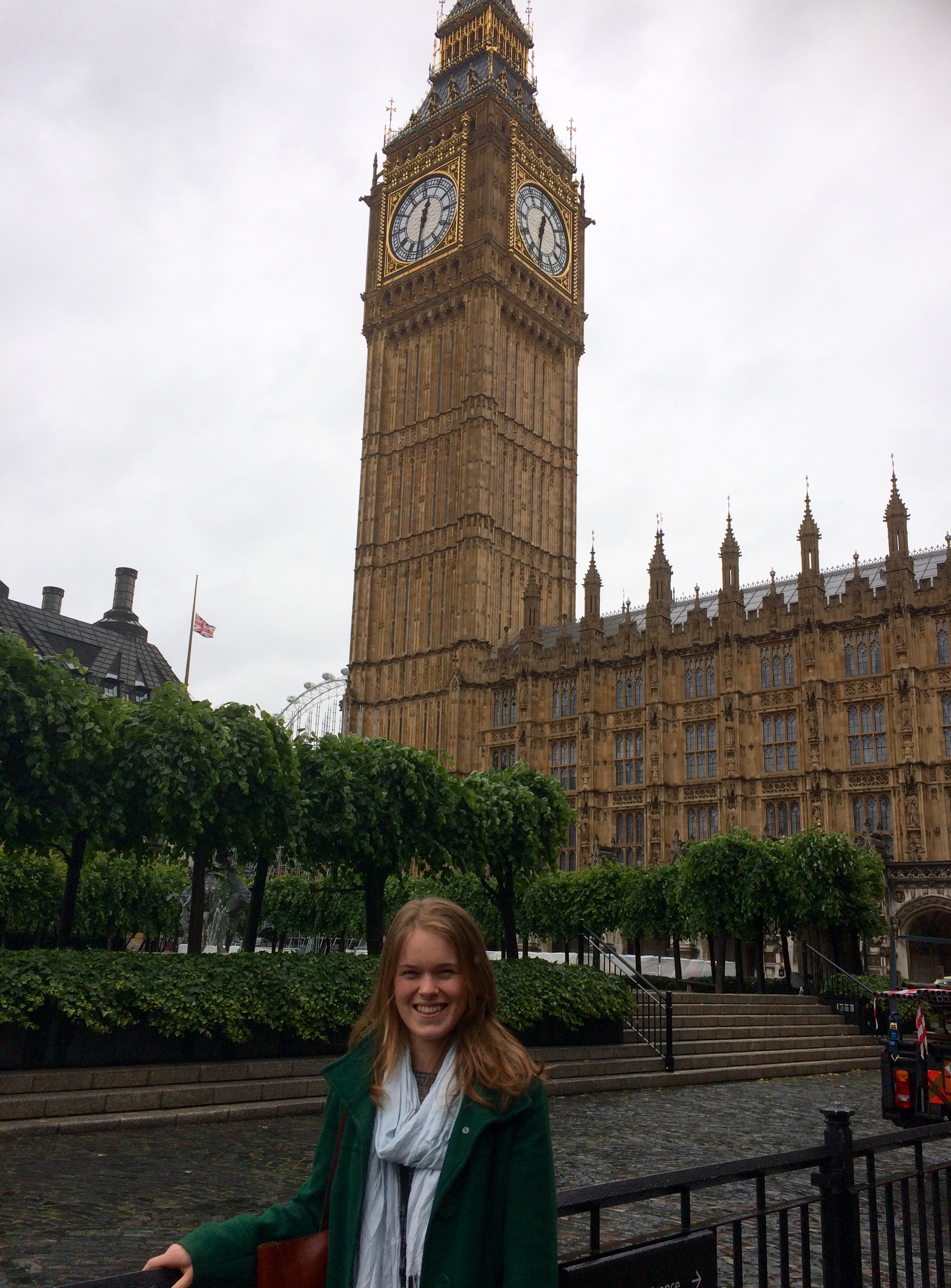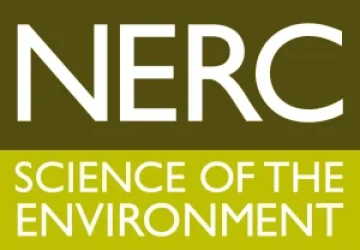By Victoria Honour 2nd year PhD
The Halls of Power. Westminster. Whitehall. Parliament. The Houses. Democracy…
Before this Spring I read the news on BBC, knew the names of some senior MPs, and skim read a manifesto before voting. I would have classed myself as having a standard level of political interest. Ultimately, I was a Scientist-in-training. An igneous petrologist who wanted to understand the processes in ‘frozen’ magma chambers.
Spring 2016 was dominated by EU referendum propaganda. I voted with the 48%, not really too worried and woke up Friday 24th June to Brexit. In the post-truth world, science and the development of specialisation (a key concept of studying for a PhD) are vital. Evidence-based policy and the importance of effective, clear communication came to the forefront of my mind in 2016.
Like many PhDs in Earth Science, I am funded by the Natural Environmental Research Council (commonly known as NERC). NERC teams up with the UK Research Council (RCUK) and they offer the opportunity for their PhD students to experience the world of Science policy: how scientific evidence can be translated into something meaningful and tangible for society.
I applied and was placed with the Environment, Food and Rural Affairs (EFRA) Select Committee in the House of Commons. This is a cross-party committee of MPs who aim to hold the Government department for the Environment, Food and Rural Affairs (DEFRA) to account for their decisions (or lack of). Like all Commons Select Committees, they conduct inquiries into topics of policy, spending and/or administration. The inquiry topics are decided by the Select Committee’s 11 MPs, with ideas put forward by the Committee’s chair, members, specialists in the area, or the public. The inquiries request relevant written evidence and interview a range of stakeholders to collect oral evidence, all of which informs the select committee’s recommendations to Government.
My first day, post Easter, started as expected with a fascinating tour of the Houses of Parliament – I’d highly recommend the tour if you’ve never been to Parliament before (ask your local MP!). At just after 11am, as I was getting into the office, the snap General Election was announced by Theresa May.
A General Election has interesting implications for a Commons Select Committee. Select Committees are comprised of sitting MPs, so once Parliament is dissolved, every inquiry that the committee has been conducting “falls”. They cease to exist. The evidence submitted and heard is recorded and made publicly available, but the impact from inquiries normally comes from publishing a report, making recommendations to Government. Parliament has to dissolve 25 working days prior to a General Election. With the snap General Election called, this left just under one week for the current EFRA Committee to make recommendations to Government (or incoming Government) on the four inquiries they had been running… my first week was a steep, fascinating, and ultimately exciting learning curve!

I learnt a fair number of new words such as prorogation and purdah. I saw a Government minister questioned for oral evidence for an EFRA inquiry into Food Waste, and then saw a report progress from a comprehensive evidence base to a cross-party MP approved and published report, making recommendations to Government complete with press releases and a nice amount of media coverage. After all, if food waste costs the average family £700 annually, it’s worth making a fuss about.
The General Election meant Parliament had to be dissolved. Given timings of the early May bank holiday, it was determined that Parliament would be prorogued on Thursday 27th April: prorogation officially marked the end of the 2015-17 Parliamentary session. At the close of Parliament, Royal Assent is given for bills which have passed through both houses. The giving of Royal Assent is a great ceremonial display, which many of the staff from Committees like to watch. I didn’t want to miss out on seeing this! So we all gathered with the doormen of the House of Commons to watch Black Rod (the Queen’s representative) march from the House of Lords, down the corridor, to the House of Commons to summon the MPs to the House of Lords. The House of Commons’ door was slammed shut in his face and he had to bang three times with the rod. It’s all very medieval, but a nice symbolic reminder that the House of Commons (i.e. the elected MPs), are not at the beck-and-call of the monarchy! The MPs then saunter back along the corridor, talking loudly, arriving in the House of Lords where the title of each bill awaiting Royal Assent is read out. To each bill, Norman French, “La reyne le veult”, is said which means “The Queen wishes it”… and the bills become law. Simple!
A couple of weeks into my internship I met the other Science Policy interns who are writing on a wide range of policy issues for the Parliamentary Office for Science and Technology (POST) from: social media echo chambers, to communicating levels of risk, to the security of supply of radioactive material for medical imaging. A fascinating range and all outside of our PhD specialisations, which makes for a very interesting three month internship.
My brief for EFRA was to produce a background paper on the current state of each sector of the agriculture industry and the opportunities and challenges which Brexit poses for it. So, the plan for the next couple of months is to read reports by current industry organisations and speak to professionals in the field to report the key points. Oh and explore around Parliament and try out all the Parliamentary coffee places I’m allowed to visit! I’m looking forward to the challenge.



One Reply to “Engaging with Science Policy: What does a House of Commons select committee do?”